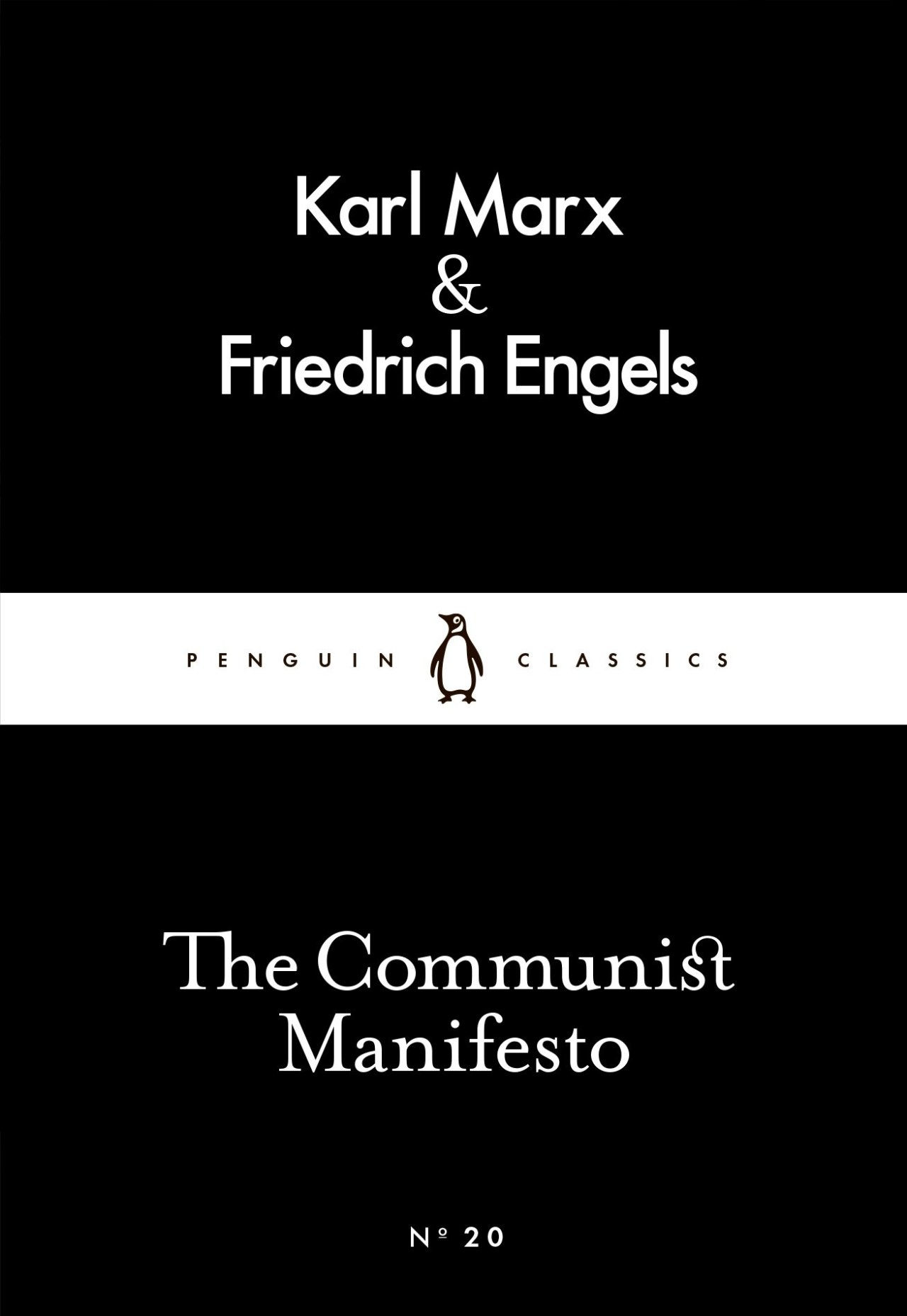The tragic optimism of 1847

Much has been written about The Communist Manifesto, most of it far better informed than I can hope to be, so I’m just going to note down a few aspects of my response. Serious analysis can be found elsewhere without too much bother. This is a document I’ve been meaning to read for somewhere in the region of thirty years, and I’m not sure why it hasn’t happened until now, especially as it’s such a short book. The first thing to note about this important publication, issued under the by-lines of Karl Marx and Friedrich Engels, but almost entirely authored by the former, is that it is not a definitive statement of either communism or Marxism. It’s a piece of textual evidence relating to a particular historical moment, one in which revolt was bubbling up in many parts of Europe, and it was written before the failure of the democratic uprisings that affected fifty countries during 1848, the legendary Year of Revolution. The official policies of communist parties, and the political doctrine that we now know as Marxism, are the results of long evolutionary processes that continued long after the Manifesto was published. As such it is a hopeful statement, perhaps a naïvely optimistic one, and it embodies positions far removed from those Marx espoused later in his career.
What is now called Marxism includes a wide range of political beliefs, some revolutionary, and some social-democratic: Marx himself ended his life believing that socialism should and could be achieved at the ballot box, that it could be the end-point of a process of reform in which Bourgeois rule would be superseded without needing to be violently overthrown. Many on the revolutionary left would suggest that he in fact advocated rule by an enlightened faction of the Bourgeoisie, which is pretty much what happened in the Russian Revolution. Not that they were enlightened, and they certainly didn’t institute socialism, but the Bolshevik leadership were clearly Bourgeois—working people didn’t get much of a look-in. In The Communist Manifesto Marx ridicules reformists, and makes it quite clear that he believes in the historically inevitable self-development of the Proletariat.
He also takes the time to offer a brief critique of what he saw as the main other tendencies within socialism. I lack the knowledge to assess this, although I note with interest his casual dismissal of Proudhon, one of the first writers to articulate something resembling anarchism. The impression I get from the Manifesto is that Marx understood history as a structurally determined process, governed by knowable principles, in which certain movements are inevitable, including that from feudalism to Bourgeois rule, and from Bourgeois to Proletarian rule, from industrial capitalism to industrial socialism, and from agrarian and workshop production to industrial production. From an early C.21 perspective these things look far more contingent, and the very term ‘historically specific’ carries with it an implication that something is not at all inevitable, but Marx lived in an age of burgeoning rationalism, in which the power of science to taxonomise the universe and reveal its hidden workings carried the whole of intellectual endeavour before it on a wave of enthusiasm. Anarchist writers I have read revile Marx, particularly in light of the widespread mistaken perception that the whole of left-wing thought springs from his pen, but it is hard to read this document without feeling the warmth of its optimism, the power of its revolutionary fervour, or the tragedy of its impending disillusion.